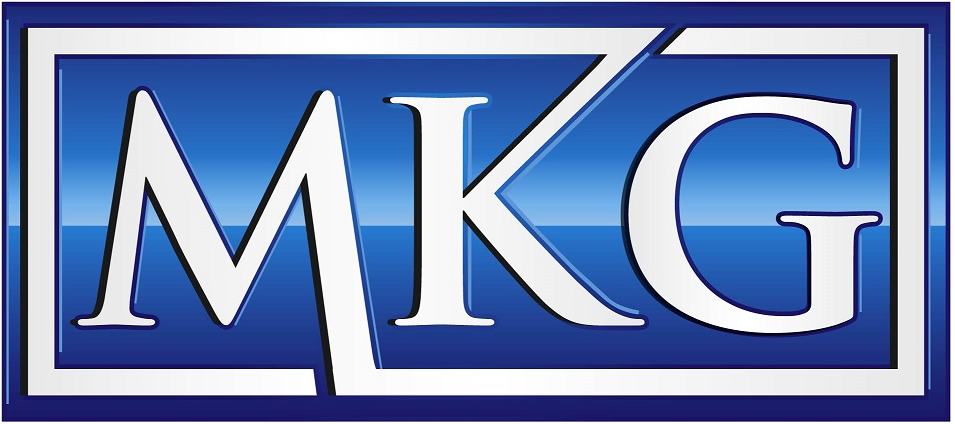Personal and family financial planning
Individuals typically make finance-related decisions such as how much they should contribute to an RRSP or whether or not they can afford a vacation, a new car, or home based on what they have in their bank account and intuition. A more sensible and comprehensive way of making such decisions is by maintaining a budget and a personal balance sheet.
A personal balance sheet is simply your net worth derived by preparing a list of your assets (such as cash, savings, RRSPs, TSFA, house, car, and other investments) and liabilities (such as mortgage, lines of credit, credit card and student debt) and deducting the liabilities from your assets. This may seem simple (and it is) but it can be a powerful decision making tool once you have prepared several balance sheets for multiple years as they enable you to recognize patterns in the way you handle your finances, devise strategies to achieve your short-term and long-term goals, and choose whether the decisions you were about to embark upon are sound. For example, if you balance sheet has been decreasing in value over the years, you may need to investigate the reason(s) which could be that you assets are decreasing in value or you have taken on more debt or a mix of both.
A budget differs from a balance sheet in two fundamental ways. A balance sheet is prepared at a point in time (generally at the end of the year); however a budget is an dynamic tool that is revised and updated throughout the year. Also unlike a balance sheet which is prepared based on actual numbers (cash, home value, investments, etc.), a budget is based on your expected or forecasted income and expenditures. Start by calculating your house hold income and deduct from it your expected recurring expenditures (rent, mortgage, transportation, utilities, daycare, etc.) and your non-recurring or discretionary expenditures (vacations, donations, restaurants, etc.). Many credit card companies and banks provide their customers with free reports and charts dividing their expenditures into categories in which they were spent. This will be a good starting point to prepare a reasonable and realistic forecast of your expenses. You can also use the budget calculator on the Financial Consumer Agency of Canada website.
Depending on the time you are willing to dedicate to updating your budget, allocate your annual budgeted expenditures by month or quarter. For recurring expenses such as utilities and transportation simply divide your annual budgeted expenditure by 12 or 4. For non-recurring expenses, try to anticipate the month or quarter you will be incurring these costs (for example vacation in March or 1st quarter, and children`s summer camp in July or the 3rd quarter). Try to be as accurate as possible, as you will be monitoring your expenses throughout the year and comparing your budgeted figures to your actual expenditures. At the end of the year perform a detailed analysis of your budget and actual expenses and determine which expenditures were significantly over or under budget and why. Your budget for certain categories may have been unrealistic or you may have encountered unexpected expenses. Performing this exercise will enable you to plan tighter budgets and become better at anticipating your household expenses. Remember, the point of doing this exercise is so that you can develop realistic goals for your and your family`s future and devise effective strategies to achieve them.
http://www.fcac-acfc.gc.ca/Eng/resources/toolsCalculators/Pages/BudgetCa-Calculat.aspx


